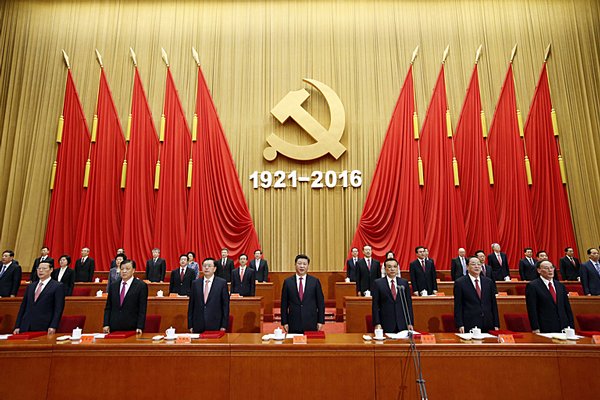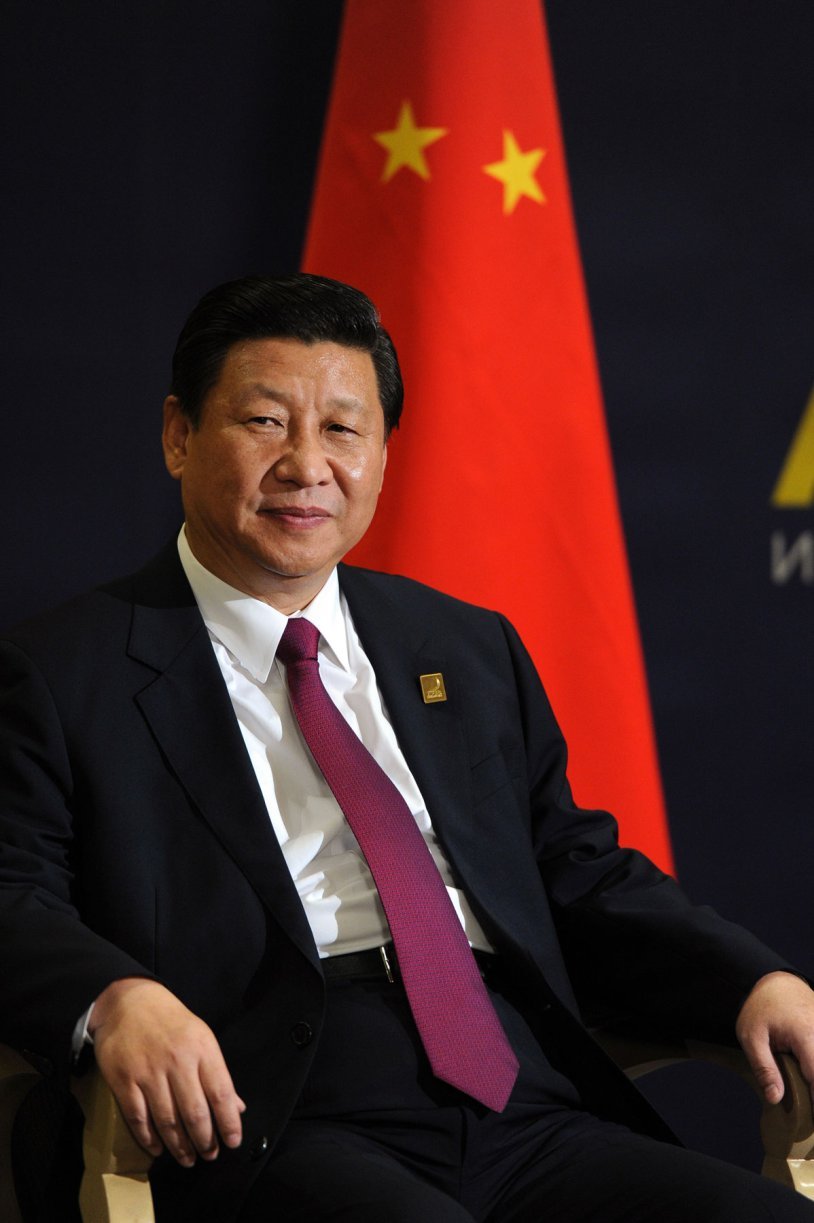
In his five years as general secretary of the Chinese Communist Party, Xi Jinping has been nothing if not ambitious.
It is more surprising that in Xi’s “new era” of Chinese socialism, the pursuit of national greatness will no longer be centered around economic growth.
A Change of Course
This is a change of course for Xi. In 2015, he declared that GDP growth would not be allowed to fall below 6.5% in the next five years.
But Xi said it was needed to achieve the goal of doubling China’s 2010 income by 2020, the definition of “building a moderately prosperous society.”
2020 Targets seem secured. More surprisingly, Xi did not set new economic targets for 2030

Now Xi (in the picture above) is treating this 2020 target as already in the bag.
Xi's Goals: “The needs to be met for the people to live a better life are increasingly broad.”
Xi also played down the role that economic growth will play in achieving his goals.
Rather than making straightforward promises of high economic growth, Xi is pledging to deliver a more multifaceted, and more politicized, concept of “national rejuvenation.”

Xi’s new vision is unlikely to mean that quantitative goals for GDP growth.

Perhaps even more importantly, China’s growth targets enabled a decentralized and improvisational approach.
Local officials, instead of mechanically following instructions from above, searched for whatever ways they could find to generate GDP growth.
The risk is that local officials become risk-averse drones waiting for instructions from above, rather than the entrepreneurial growth drivers of the past. As a result, China could gradually lose much of its historic economic dynamism.
Xi now wants to orient the government around delivering a “better life” for people rather than economic growth alone.
Since he doesn’t trust local governments to do the right thing, Xi actually wants to have more centralized direction of the economy in the future, not less.

